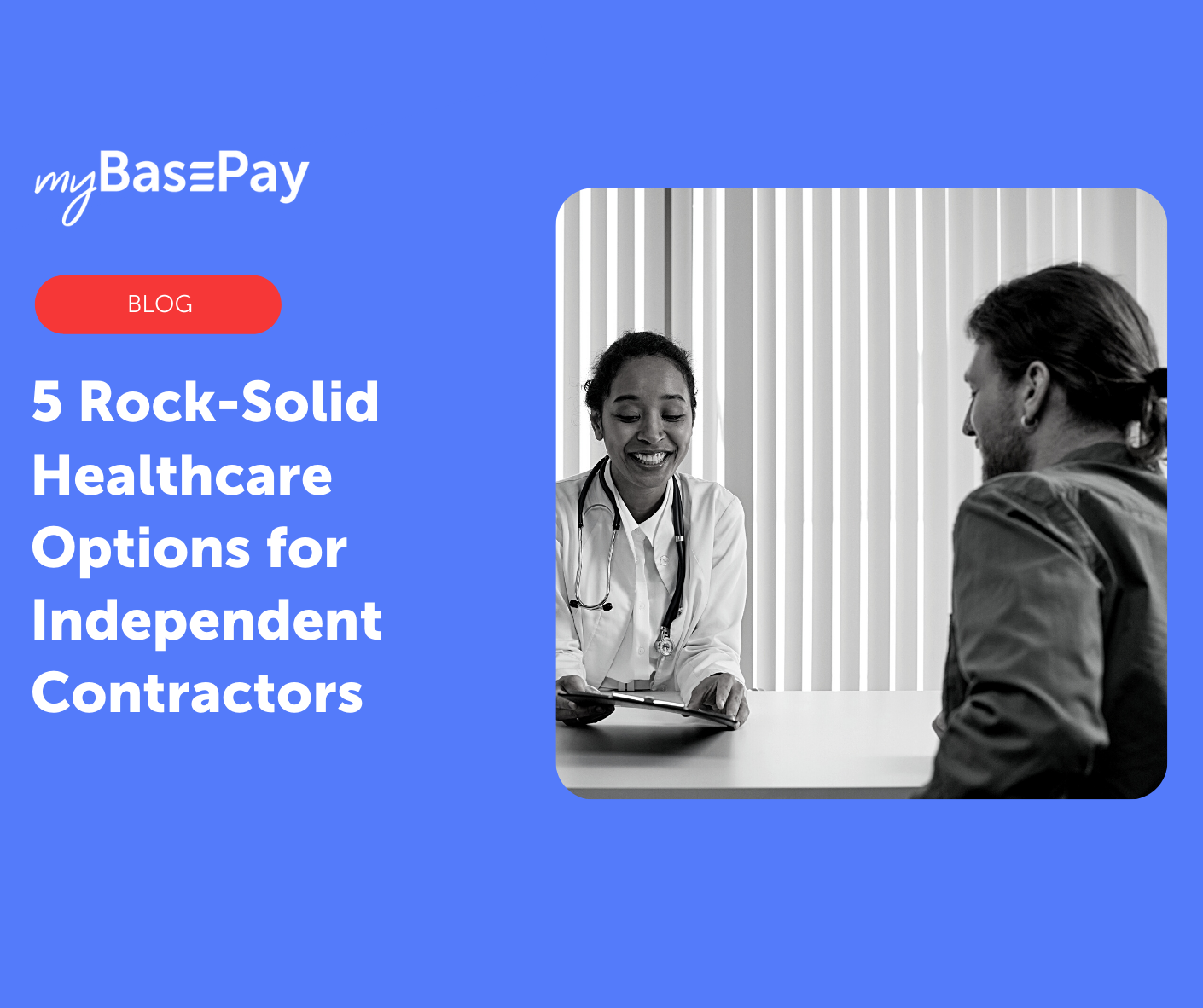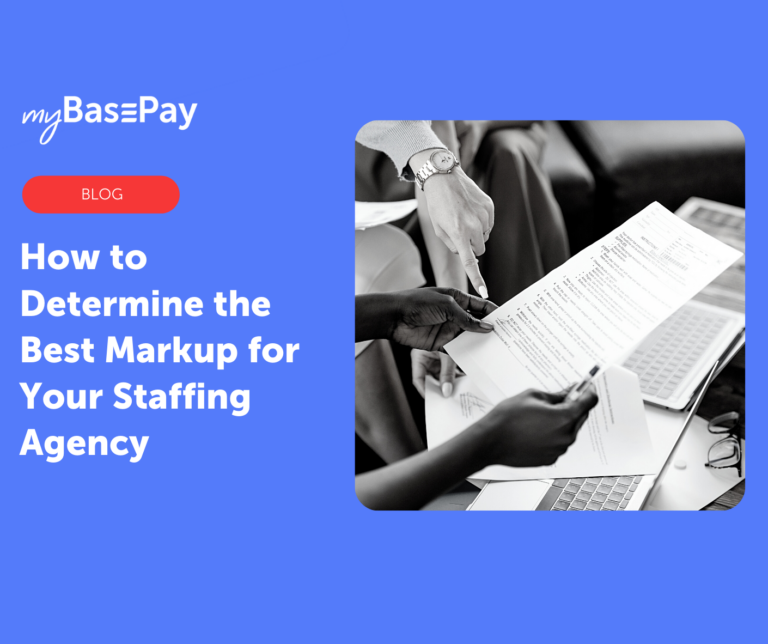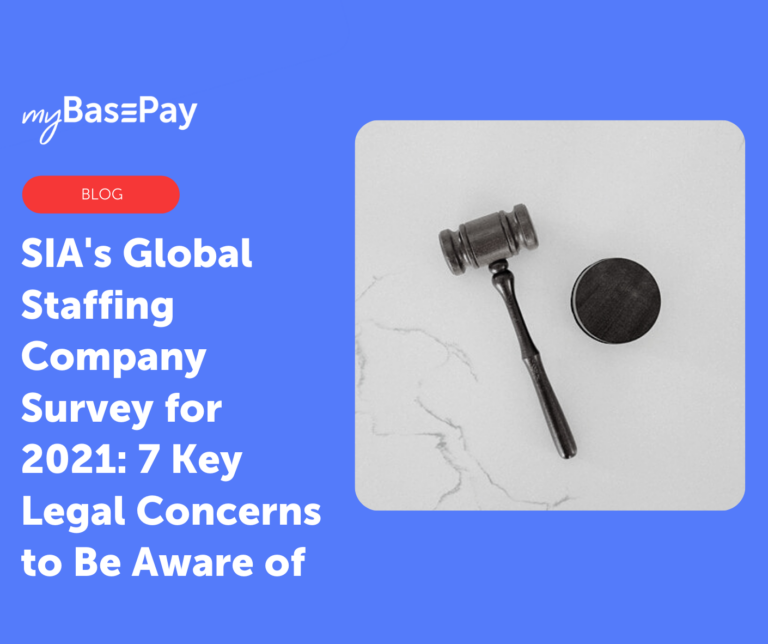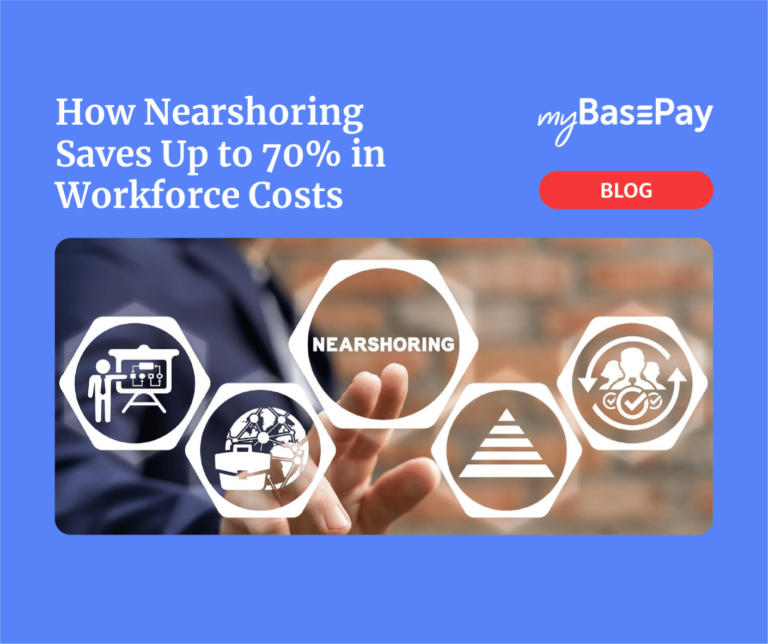5 Rock-Solid Healthcare Options for Independent Contractors
As of 2022, nearly 60 million American workers — or 36% of the total workforce — are independent contractors. From small business owners to freelancers, the self-employment industry is becoming the career of choice for many entrepreneurs.
Having the ability to control your service and the way it’s practiced is an admirable quality; while there are many other advantages to being self-employed, there is still one area in which independent workers envy salaried employees the most: workplace-provided healthcare.
Years ago, there weren’t many options for independent contractors to obtain benefits. Workers who had just left their job could extend their workplace health coverage through COBRA (Continuation Health Coverage for Workers). However, this extension only lasted up to 18 months; once that period was up, the only way to obtain coverage as a self-employed worker was by paying for a plan yourself.
Since then, the government has worked to make healthcare more affordable and widespread for people who are paying for benefits on their dime, like independent workers. If you’re self-employed — or you’re hoping to be soon — here are five healthcare options to consider so you can get the coverage you need:
1. Obtain Coverage Through a Relative
Perhaps the easiest, most affordable way to obtain healthcare coverage is through a family member, such as a spouse or parent. As long as someone in your household has a salaried job that provides workplace benefits, you might be eligible to receive coverage through their policies.
The policies to obtain the coverage will vary depending on the employer, but most companies offer health plans that provide some level of coverage for the employee and their spouse.
It’s important to note that while nearly 95% of companies in America offer coverage plans for employees and their spouses, that doesn’t mean that all plans provide the same amount of coverage for the spouse as they do for the employee. Therefore, it’d be wise to research their policies before investing in them.
For independent workers who are unmarried and 25 years or younger, the alternative would be to accept coverage through a parent. According to the 2010 Affordable Care Act (ACA), companies that offer healthcare coverage to employed parents are required to provide the same coverage for their children.
Even if you don’t live under the same roof as your employed parent, you can still obtain coverage. However, if you live in a different state, you should be prepared to pay extra for a provider that isn’t connected to your parent’s local network.
2. Look Into Health Insurance Marketplaces
Under the ACA, self-employed Americans can also receive coverage through an online healthcare marketplace. By visiting the HealthCare webpage, freelancers, independent contractors, and private business owners can browse through affordable health insurance plans filtered by state.
Since each plan varies in cost and coverage, this marketplace aims to provide all the necessary information which allows workers to compare and determine which program has the best value.
Additionally, the ACA also created the option to apply for subsidies, or federal financial grants, which help low-income workers acquire coverage. So, even if you find a great plan that isn’t the most affordable, receiving the subsidies will cover part of the cost.
For workers who have just had a baby, lost their job, or moved across the country, you don’t have to worry about how life changes will affect your ability to enroll in a coverage plan. Independents can qualify for a special enrollment period which still allows them to receive health coverage, even when life hits you with the unexpected.
3. Group Plans With Professional Organizations
Depending on your field of work, you might also be eligible to receive coverage through a professional trade organization, which offers group plans for its members. The Affiliated Workers Association, or AWA, offers health insurance plans for independent contractors, small business owners, and entrepreneurs.
While it doesn’t guarantee full-scale coverage, it does allow members to choose from fixed insurance plans that cover specific needs, like hospital stays, ER care, same-day surgery, vision care, and dental care, among others.
Another option is the Association for Computing Machinery, which offers benefits to workers in the computer engineering industry. The organization operates as an international learning community for developers, coders, and database engineers. With over 100,000 members, the ACM offers several plans for its members, from small, short-term health insurance to larger medical plans.
Likewise, the Writers Guild of America West offers coverage to the specific industry of writers and producers in the entertainment industry, including film, television, and news. However, only members who earn a minimum of $39,463 per year are eligible to receive full healthcare coverage benefits.
4. Consider Getting a Part-Time Job
While this option might not be the best-case scenario for some independent workers, it still serves as a solid, reliable, last-resort option to obtain healthcare coverage. Though some employers like to market health insurance as a perk, most are obligated to provide health insurance under the ACA.
As federal law states, employers are legally required to provide healthcare benefits to employees who work at least 30 hours per week or 130 hours per month. The amount of coverage you receive will differ according to your state government, but as a general rule, part-time workers are qualified to receive some level of coverage.
According to several sources, the best part-time jobs with considerable health insurance benefits include Costco, Walmart, Chipotle, Starbucks, Lowe’s, Ikea, and JP Morgan Chase — in no particular order. However, it’s still worth doing your research on your time to see which local organizations offer the right coverage for your needs.
5. Medicaid for Low-Income Households
If you’re still unable to afford the above health insurance options, you might consider looking into Medicaid — a federal and state program that offers insurance services to limited-income workers and families who don’t have access to healthcare resources.
According to federal law, all Medicaid programs are required to cover essential areas, including doctor visits, hospital care, and lab tests. However, the ability to receive additional benefits like vision care, physical therapy, and prescription drugs will vary according to each state’s program.
To determine if you qualify, log onto Medicaid’s homepage, enter your location and income, and the website will inform you of your eligibility to receive benefits. Even with the improvements the federal government has made in the past few years, the self-employed workforce still finds it challenging to locate affordable and reliable health plans.
Luckily, we’ve done the hard work for you and found some of the most reliable and fool-proof healthcare options catered to your lifestyle and health needs.
Author: Cesar Jimenez, myBasePay CEO
Cesar A. Jimenez is an entrepreneur, investor, and military veteran with over 25 years of staffing industry expertise successfully leading technology staffing organizations. His expertise in the IT industry allows him to use his experience as a thought leader for talent acquisition, staffing, IT, and recruitment technologies with a passion for contingent workforce solutions. Cesar has held various leadership roles for both a global staffing organization and technology solutions companies. This expertise has enabled him to develop alternative workforce models that provide the agility for organizations to be competitive in today’s marketplace. In his spare time, he enjoys spending time with hisfamily, working out, and coaching high school baseball players.






